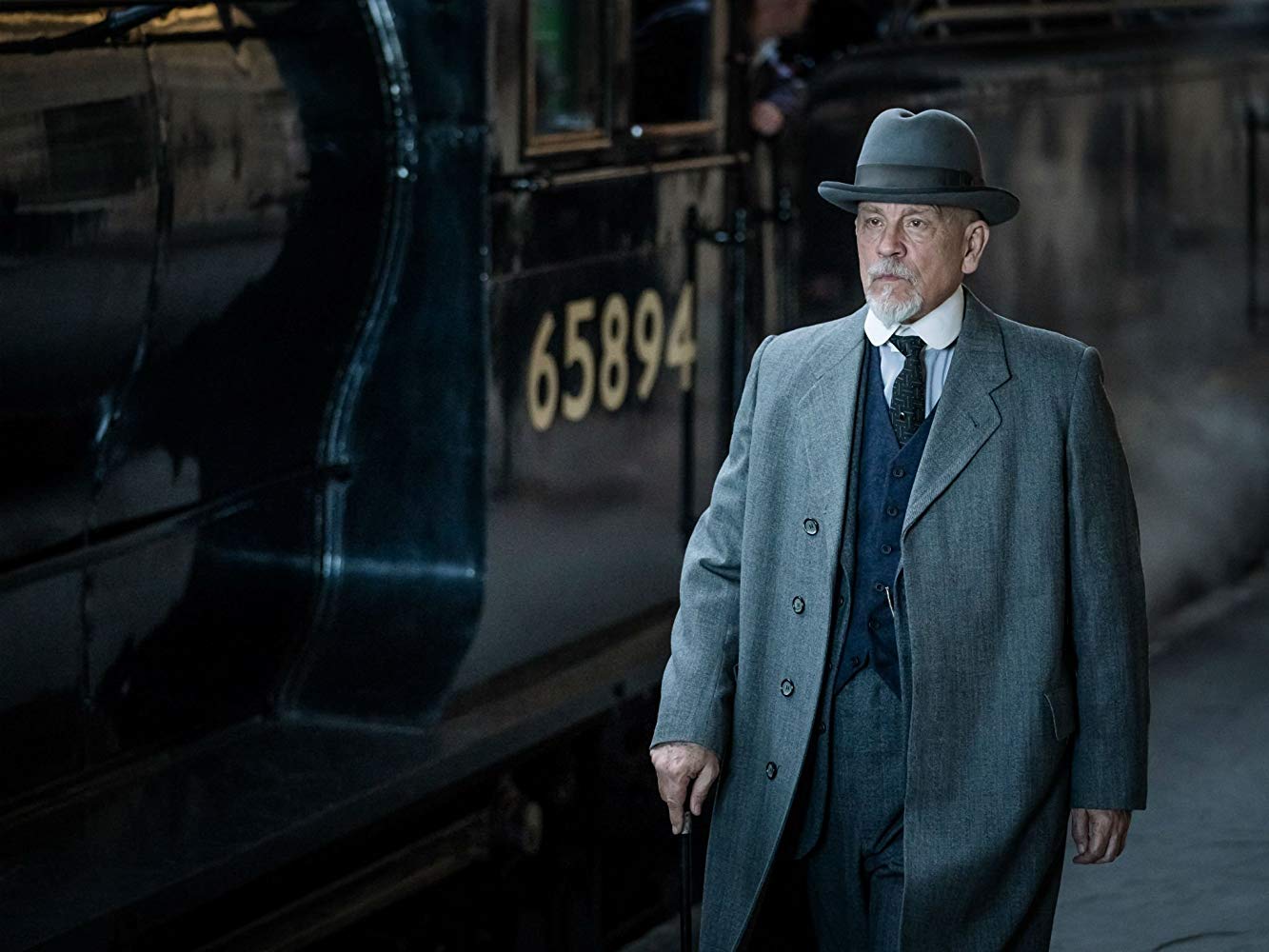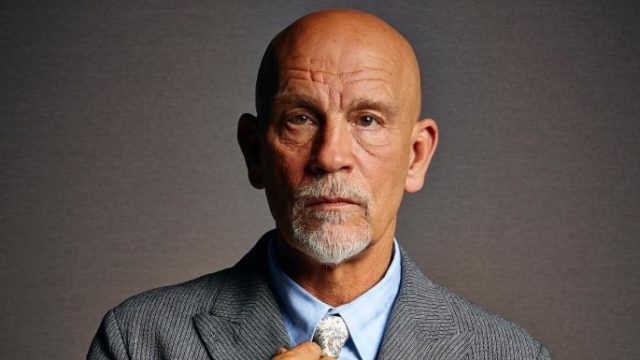

His friends at Scotland Yard have left the force an ambitious new investigator, Inspector Crome (Harry Potter’s Rupert Grint), wants nothing to do with Poirot, having dug into his past and found some glaring inconsistencies. At the beginning of the series, he’s old and obsolete.

The story is set in 1933 Britain, which is facing two new evils: a rising fascist and anti-immigrant movement (“We must stem the alien tide: March for your country and your blood,” its posters exhort), and a serial killer using a railway guide as an alphabetical almanac.Ĭuriously, given that a star of Malkovich’s caliber has been persuaded to sign on, The ABC Murders feels like an origin story and an end point for Phelps’s conception of Poirot, without a clear path forward. Malkovich signed on to play a detective best known for a calligraphic mustache and a weakness for luxury, and what he got was a character who’s left wading through a fetid swamp of human folly, oozing cholesterol, and unsightly excrescences. It’s tempting to pity John Malkovich, who makes his debut in The ABC Murders playing Hercule Poirot, Christie’s fastidious, preening, and entirely endearing Belgian supersleuth. Not for Phelps, though, who’s now used this motif twice, in The ABC Murders as well as in the grimly vicious Ordeal by Innocence. It might seem unimaginable to take Christie’s genteel but biting stories and insert, say, a visual of an overflowing receptacle of urine. Nor are the scenes Phelps has dreamed up featuring the use of high heels and silk stockings in sexualized torture rituals, or a burgeoning nativist movement clumsily intended to comment on Brexit.

These moments are, to be clear, not in Christie’s original text. In another scene, the actor Shirley Henderson’s character, lipstick smeared all over her face, berates the daughter she rents out to men for a shilling, screeching, “I wish I’d used a knitting needle on you.” The low point for me in The ABC Murders, Phelps’s newest three-part series to land on Amazon, was the focus on a yellow, pus-filled boil on the back of a man’s neck-so swollen, it seemed almost to vibrate on camera-as another man grimly spears open the yolk of his fried egg. Phelps has taken the grande dame of drawing-room detective fiction and made her stories so grotesque, so deranged, that they’re almost comical. With Sarah Phelps at the helm, it’s now clear that the BBC’s Agatha Christie adaptations are entering their Zack Snyder–DC–Universe era.


 0 kommentar(er)
0 kommentar(er)
